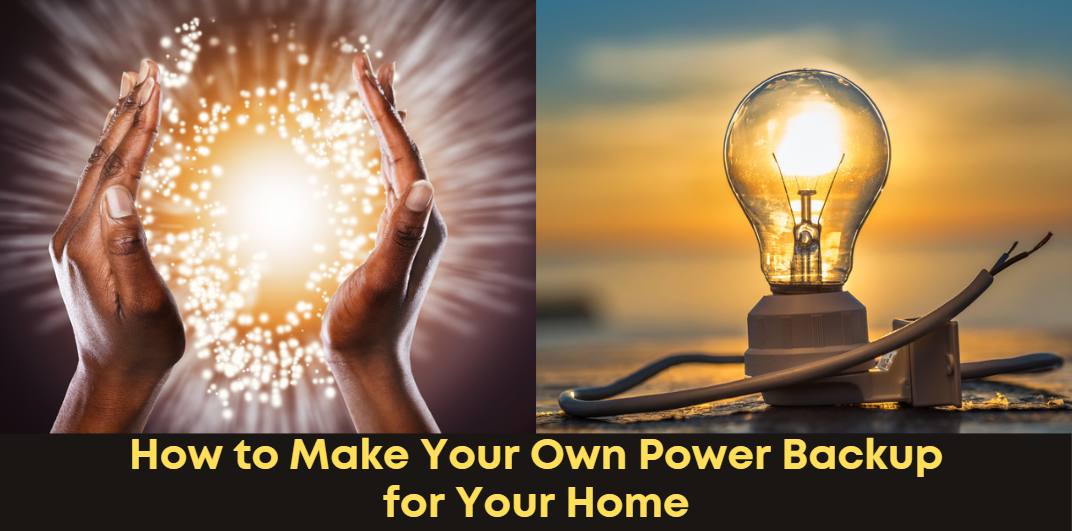
How to Make Your Own Power Backup for Your Home
Harnessing the Power of Science and Technology for Energy Independence
Power outages can be a frustrating and disruptive experience, but with the right tools, you can be prepared for any situation. Making your own power backup system for your home is easier than you might think, and can save you money on energy bills while providing you with energy independence. Here are 10 tips for creating your own power backup system.
10 Tips for Creating Your Own Power Backup System:
1. Choose Your Backup Source:
There are many options for backup power, including solar panels, wind turbines, and generators. Choose the source that best suits your needs and budget.
2. Calculate Your Energy Needs:
Determine how much energy you need to power your home during an outage, and choose a backup system that can provide that amount of energy.
3. Install a Battery Bank:
A battery bank can store excess energy generated by your backup source, ensuring you have power even when the sun isn’t shining or the wind isn’t blowing.
4. Use an Inverter:
An inverter can convert DC power from your backup source into AC power that can be used to power your home appliances.
5. Invest in Surge Protectors:
Surge protectors can protect your electronics and appliances from power surges and other electrical disturbances.
6. Consider Energy-Efficient Appliances:
Energy-efficient appliances can help reduce your energy consumption and make your backup power system more efficient.
7. Install Automatic Transfer Switches:
Automatic transfer switches can automatically switch your home’s power source from the grid to your backup source during an outage, ensuring a seamless transition.
8. Regularly Maintain Your System:
Regular maintenance can help ensure your backup system is working properly and efficiently.
9. Consider a Hybrid System:
A hybrid system that combines multiple sources of energy, such as solar panels and wind turbines, can provide a more reliable source of backup power.
10. Have a Backup Plan:
Even with a backup system in place, it’s important to have a plan for how you will use your energy in the event of an outage.
Creating your own power backup system can give you peace of mind and energy independence. By following these tips, you can create a backup system that is reliable, efficient, and tailored to your energy needs.

